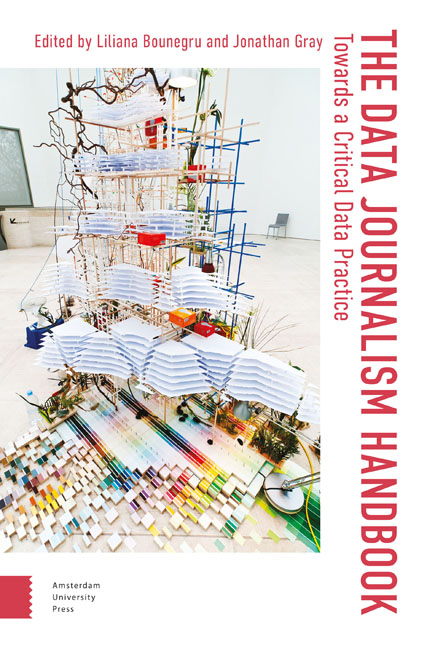42 - Data-Driven Editorial? Considerations for Working With Audience Metrics
Summary
Abstract
Drawing on Caitlin Petre's ethnographic study of Chartbeat, Gawker Media and The New York Times, this chapter explores the role of metrics in contemporary news production and offers recommendations to newsrooms incorporating metrics into editorial practice.
Keywords: metrics, analytics, newsrooms, journalism practice, ethnography, editorial practice
On August 23, 2013, the satirical news site The Onion published an op-ed purporting to be written by CNN digital editor Meredith Artley, titled “Let Me Explain Why Miley Cyrus’ VMA Performance Was Our Top Story This Morning.” The answer, the piece explained matter-of-factly, was “pretty simple”:
It was an attempt to get you to click on CNN.com so that we could drive up our web traffic, which in turn would allow us to increase our advertising revenue. There was nothing, and I mean nothing, about that story that related to the important news of the day, the chronicling of significant human events, or the idea that journalism itself can be a force for positive change in the world… . But boy oh boy did it get us some web traffic. (Artley, 2013)
The piece went on to mention specific metrics like page views and bounce rates as factors that motivated CNN to give the Cyrus story prominent home page placement.
Of course, Artley did not actually write the story, but it hit a nerve in media circles nonetheless—especially since a story on Cyrus’ infamous performance at the MTV Video Music Awards had occupied the top spot on CNN.com and, as the real Meredith Artley later confirmed, did bring in the highest traffic of any story on the site that day. The fake op-ed can be interpreted not only as a condemnation of CNN, but also as a commentary on the sorry state of news judgement in the era of web metrics.
Media companies have always made efforts to collect data on their audiences’ demographics and behaviour. But the tracking capabilities of the Internet, as well as the ability to store and parse massive amounts of data, mean that audience metrics have grown far more sophisticated in recent years.
- Type
- Chapter
- Information
- The Data Journalism HandbookTowards A Critical Data Practice, pp. 299 - 304Publisher: Amsterdam University PressPrint publication year: 2021



